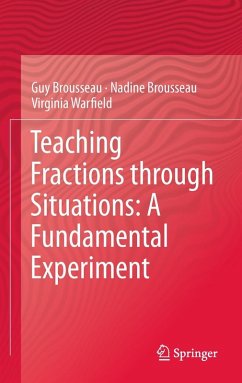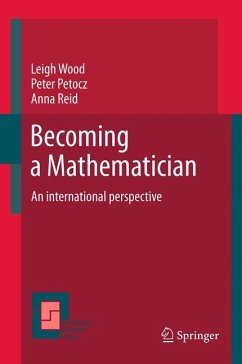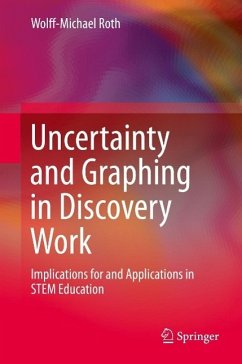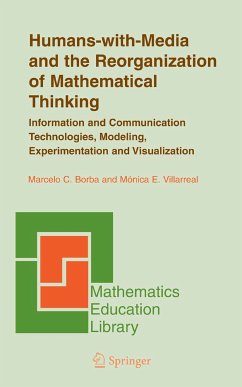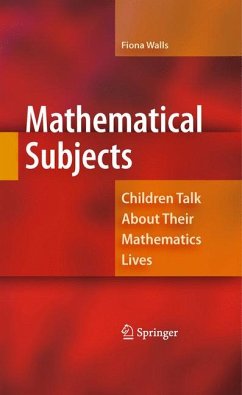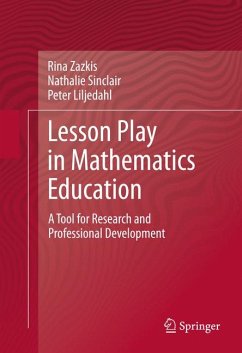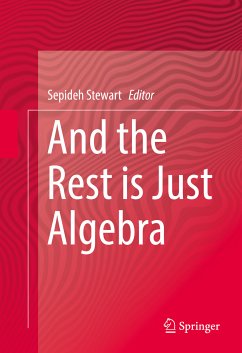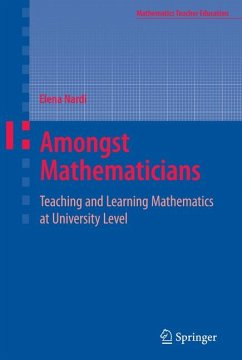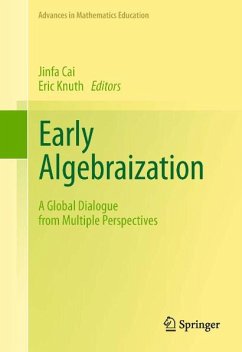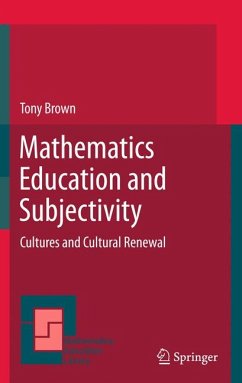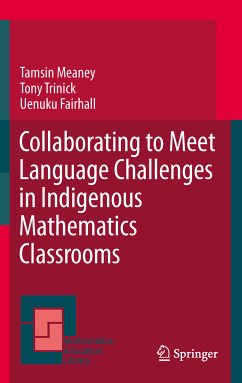
Collaborating to Meet Language Challenges in Indigenous Mathematics Classrooms (eBook, PDF)
Versandkostenfrei!
Sofort per Download lieferbar
72,95 €
inkl. MwSt.
Weitere Ausgaben:

PAYBACK Punkte
36 °P sammeln!
Language can be simultaneously both a support and a hindrance to students' learning of mathematics. When students have sufficient fluency in the mathematics register so that they can discuss their ideas, they become chiefs who are able to think mathematically. However, learning the mathematics register of an Indigenous language is not a simple exercise and involves many challenges not only for students, but also for their teachers and the wider community. Collaborating to Meet Language Challenges in Indigenous Mathematics Classrooms identifies some of the challenges-political, mathematical, co...
Language can be simultaneously both a support and a hindrance to students' learning of mathematics. When students have sufficient fluency in the mathematics register so that they can discuss their ideas, they become chiefs who are able to think mathematically. However, learning the mathematics register of an Indigenous language is not a simple exercise and involves many challenges not only for students, but also for their teachers and the wider community. Collaborating to Meet Language Challenges in Indigenous Mathematics Classrooms identifies some of the challenges-political, mathematical, community based, and pedagogical- to the mathematics register, faced by an Indigenous school, in this case a Mäori immersion school. It also details the solutions created by the collaboration of teachers, researchers and community members.
Dieser Download kann aus rechtlichen Gründen nur mit Rechnungsadresse in A, B, BG, CY, CZ, D, DK, EW, E, FIN, F, GR, HR, H, IRL, I, LT, L, LR, M, NL, PL, P, R, S, SLO, SK ausgeliefert werden.




